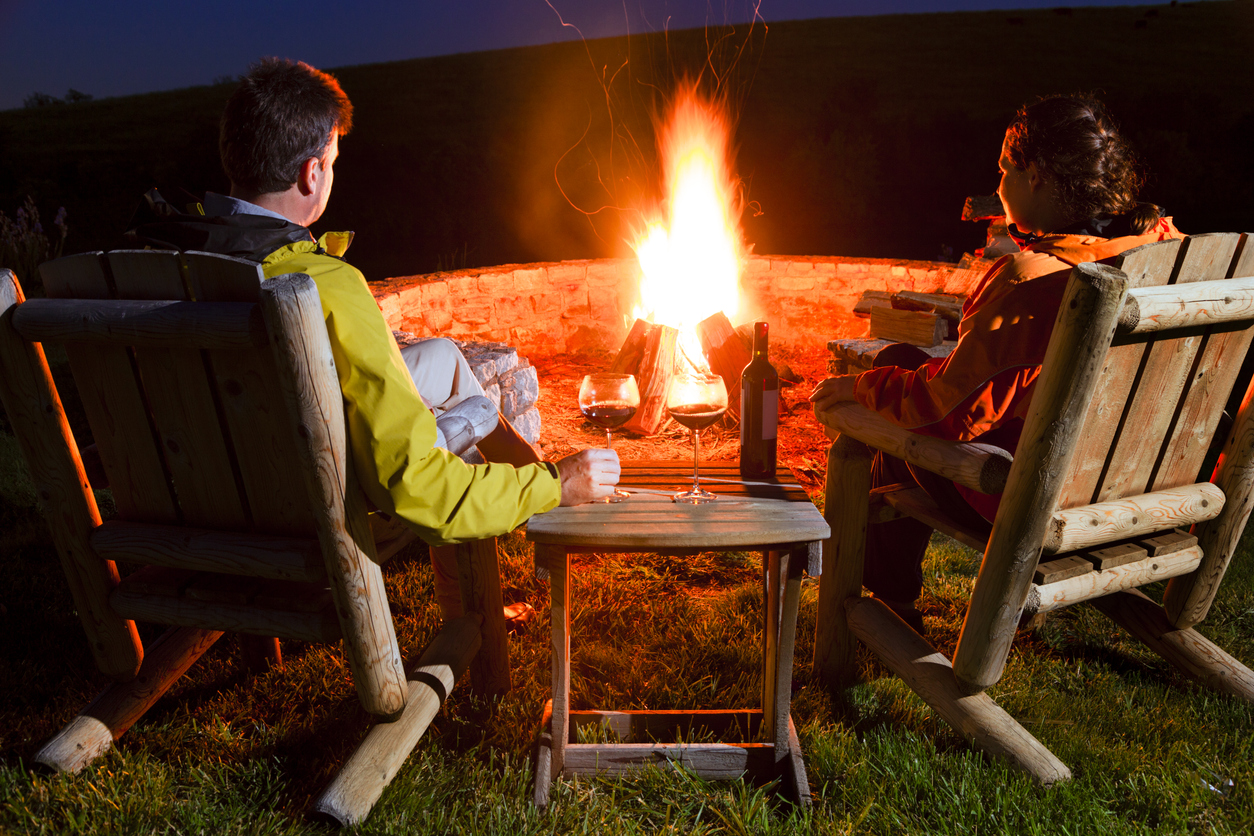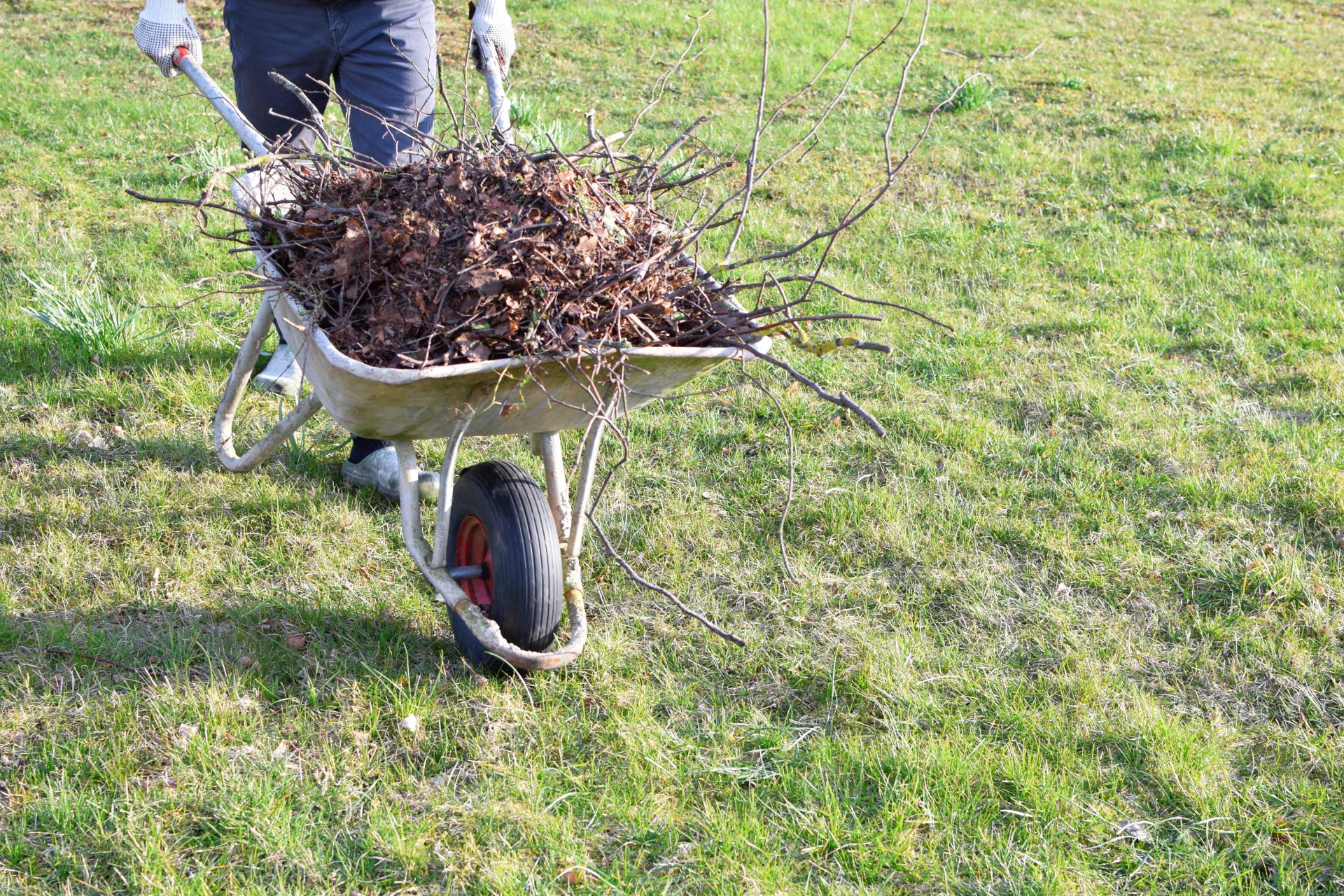Burning Area and Times
Infringements may be issued for burning without a Burning Permit. See Burning Management Areas Map for more details.
Built-Up Area / CBD (Geraldton and Mullewa) and surrounding suburbs
An application for a permit to burn is required, at any time outside of prohibited burning period.
An onsite inspection by a Fire Control Officer (FCO) is mandatory before a permit can be issued
Burning is prohibited from 1 October - 28 February
Permit to burn is required from the 1 March - 30 September
Permit to burn required all year round within the gazetted fire district.
SEMI RURAL AREAS - ANY PROPERTY outside the gazetted fire district not a broadacre farm (40ha or Greater).
Burning Permits are required from 1 March to 30 September. (Inspection is at FCO’s discretion).
Burning is prohibited from 1 October - 28 February
BROADACRE FARM (40ha or Greater)
Permits are required for burning of bush, grass or stubble from 15 September to 30 September and 1 March to 15 March. Burning of bush, grass and stubble only from 16 March to 14 September is unrestricted (does not require permit)
No permit required 16 March - 14 September
Permit to burn is required from 15 September - 30 September and 1 March - 15 March
Burning is prohibited from 1 October - 28 February
Burn Permit Applications
Applications for property inspections related to Burn Permits are now closed, as the City has entered the Prohibited Burning Period. Burning is not permitted at this time.
The City is transitioning to an online system for Permit Applications, with permits to be issued via email. This service will become available once permits are permitted for the season.
Burn Permit Conditions
Burn Permit conditions must be followed, otherwise an infringement may be issued for non-compliance. Below is the Burn Permit Conditions:
- Type of Burning Product will be discussed - Not to burn any plastics
- Put a firebreak around perimeter of area to be burnt
- Burning not to commence during a designated time as discussed on issue of Burn Permit
- Must have a water source for extinguishing and if the fire escapes.
- Must have 3 able bodied persons who are to remain until all fire is totally extinguished.
- Must follow the City's Smoke Guidelines
- Must notify neighbours / adjoining landowners
- Wind speed must be less than 25km per hour
- Must Notify DFES Operations Center prior to commencing burn. Phone (08) 93395 9210
- Any Special Conditions on the permit
- NO BURNING on days when fire danger rating is HIGH or HIGHER as announced by the Bureau of Meteorology for that day. (Midwest Coast and Midwest Inland)
Frequently Asked Questions
When am I not allowed to have a campfire or bonfire?
Can I have a fire in my BBQ or pizza oven in my backyard?
Can I have a cooking fire, campfire or bonfire on City owned or managed land?
Aren’t backyard fires bad for your health and the environment?
What are the alternatives to backyard burning?
When am I not allowed to have a campfire or bonfire?
Fires are not permitted during fire ban periods, on days when a Total Fire Ban has been declared by DFES, on days with a fire danger rating of ‘High’ or a Harvest and Vehicle Movement Ban has been declared by the City. For the current fire danger forecast visit our home page or bom.gov.au
During the prohibited burning period from October to February, fires in BBQs are only allowed for the purpose of cooking.
Can I have a fire in my BBQ or pizza oven in my backyard?
Yes, The use of wood/solid fuel BBQs and pizza ovens is permitted except for days where the fi re danger rating is high or above. The use of any wood/solid fuel BBQ or pizza oven is prohibited during a total fire ban.
All cooking with fires must be supervised and once your food is cooked the fire must be extinguished.
Campfires and Firepits are not permitted at any time during the prohibited Burning Period or at any other time where the fire danger rating is high or above. Campfires and Firepits cannot be lit before 6pm, no more fuel can be added after 11pm. They must be fully extinguished by midnight and cannot not be left unattended. You must have an available method of extinguishment while burning. No Campfires or Firepits will be lit on public property, unless purpose-built facilities have been provided by the owner of the property and permission to use them has been given.
During the prohibited fire burning period from October to February fires in fire pits are not allowed to comply with legislation and ensure sparks and embers escaping the fire do not cause a bushfire.
Do not use any of the above cooking appliances during total fire ban periods, on days with a fire danger rating of ‘High’ or when a Harvest Vehicle Ban has been declared. Gas appliances in which the flame is encapsulated by the appliance are exempt.

Can I have a cooking fire, campfire or bonfire on City owned or managed land?
No, fires are not permitted on City of Greater Geraldton owned/controlled lands which include public open spaces, bush land, coastal reserves and beaches.
This does not apply to gas appliances which do not consume solid fuel comprising of a flame of which is encapsulated by the appliance.
Aren’t backyard fires bad for your health and the environment?
Yes, backyard fires cause unnecessary air pollution which results in numerous calls to the City regarding pollution and smoke complaints. Wood smoke is can be dangerous for people with respiratory problems. For more information see Backyard Burning brochure.
What are the alternatives to backyard burning?
You can mulch your green waste at home and use it on your garden or you can take your green waste to the Meru Waste Facility where it will be mulched. This mulch is free to residents.
